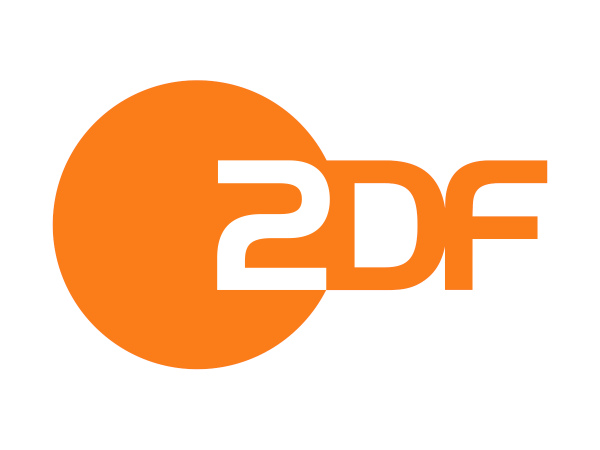
ZDF
ZDF (abbreviation for Zweites Deutsches Fernsehen) is a German public broadcaster based in Mainz (Rhineland-Palatinate). It was founded on April 1, 1963 and is operated as an independent, non-profit institution founded by all the German states. ZDF is financed by television license fees and advertising revenue.
From 1959, Federal Chancellor Konrad Adenauer attempted to influence the existing broadcasting regulations and planned a second, nationwide television program. Unlike the ARD program Deutsches Fernsehen (today: Das Erste), this was not to be the responsibility of the federal states, but of the federal government. However, the plans were thwarted by the Federal Constitutional Court in its first broadcasting ruling. Instead, the federal states founded a central, non-profit television broadcaster, Zweites Deutsches Fernsehen, in 1961.
As with the first program, optimal reception in as many parts of the GDR as possible played an important role in the station's planning. ZDF officially began broadcasting on April 1, 1963 and began broadcasting in color on August 25, 1967.
Like ARD, ZDF may only show advertising until 8 p.m. on weekdays in accordance with the Interstate Broadcasting Treaty, for a maximum of 20 minutes per day and only in the main program. No advertising may be broadcast on Sundays and national holidays. Since the start of advertising on ZDF, the individual commercials have been interrupted by the Mainzelmännchen.
ZDF is financed by a broadcasting fee of €18.36 per month (as of 2021), which must be paid by all households in Germany with the exception of disabled people and welfare recipients. ZDF shares its income with ARD and Deutschlandradio. ZDF also receives income from sponsorship, programming and advertising sales.
Media Control calculated the highest viewer numbers of the last 20 years in Rhineland-Palatinate and Hesse, whereas they were lowest in Mecklenburg-Western Pomerania. Overall, however, ZDF was “ahead in the audience's favor in 2013.” Records with more than 20 million viewers were achieved primarily in the 1980s with programs such as Das Traumschiff and Die Schwarzwaldklinik. ZDF's highest reach to date was recorded in 2006 during the World Cup semi-final between Italy and Germany with 29.66 million viewers.
The average age of ZDF viewers was 61 in mid-2012 and 65 in 2022. Former Emmy Directorate Award-winning director Thomas Bellut declared when he took office in 2012 that there would be increased efforts to reach younger viewers through consistent modernization that would appeal to all age groups. The increased use of gender-neutral language at ZDF for this purpose led to controversy.
Since 2001, the ZDFmediathek has offered a selection of programs on the Internet via live stream or video-on-demand. An app for various operating systems has also been available since mid-2011. Since February 12, 2013, ZDF has finally been broadcasting its channels as a round-the-clock internet live stream. (Source: Wikipedia)
Like ARD, ZDF's own statutes are supplemented by the Interstate Broadcasting Treaty.
The mandate of public service broadcasting is derived from Article 5 (1) sentence 2 of the Basic Law, which regulates the freedom of the press, broadcasting and film, and is set out in broadcasting laws and the Interstate Broadcasting Treaty.
The Interstate Broadcasting Treaty is based on the democratic principles enshrined in the Basic Law, which are closely linked to Germany's history. This applies in particular to the restrictions on freedom of the press and freedom of opinion that were imposed under the Nazi regime by bringing the press and broadcasting into line. Against this background, media concentration and a one-sided partisan orientation in the media landscape must be prevented.
Accordingly, broadcasting should ensure the free formation of opinion and cultural diversity through the selection of programs and topics. Furthermore, it should serve the recipients with its educational, informational, advisory and entertainment offerings. In this respect, independent, factual and non-partisan reporting is always required. The information provided must be up-to-date, sustainable, reliable and credible. It is also emphasized that news “must be checked for truth and origin with the care required by the circumstances before it is disseminated”.
In addition, public broadcasters have the task of providing a basic service to the entire population regardless of audience ratings. Basic service means ensuring comprehensive reporting in terms of technology and content. The aim is to ensure a program aimed at the general public with a wide variety of content and the widest possible coverage. (Source: bpb.de)